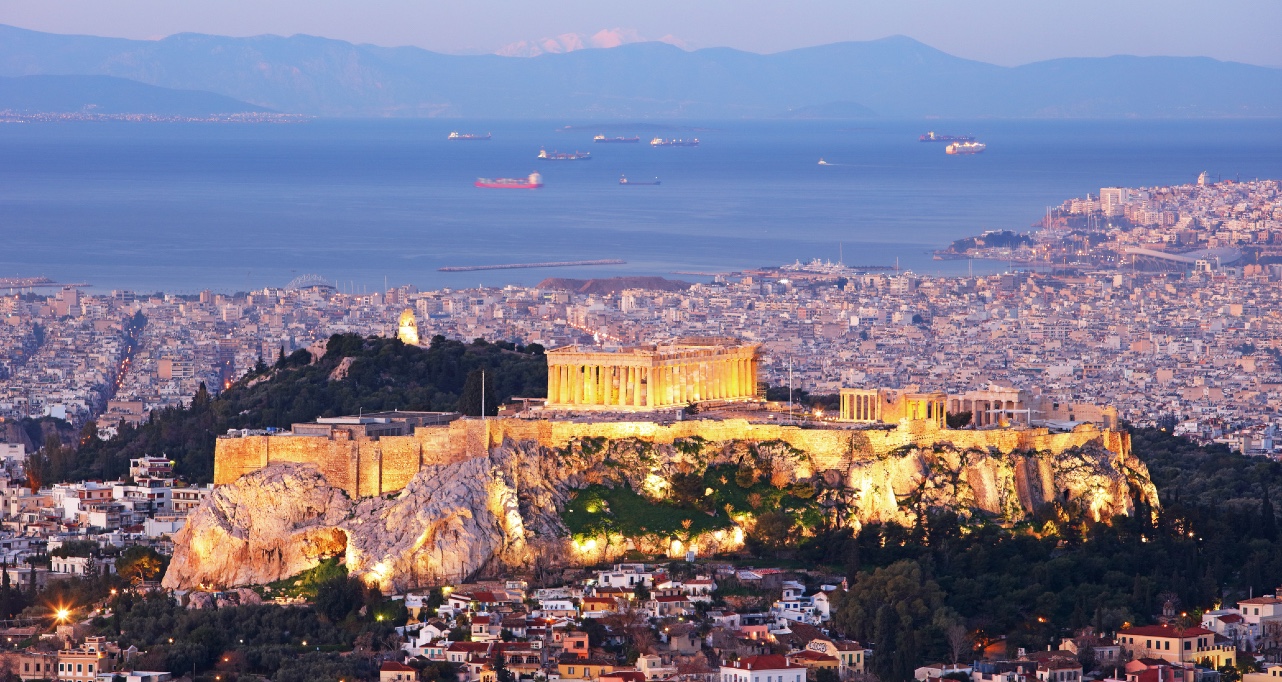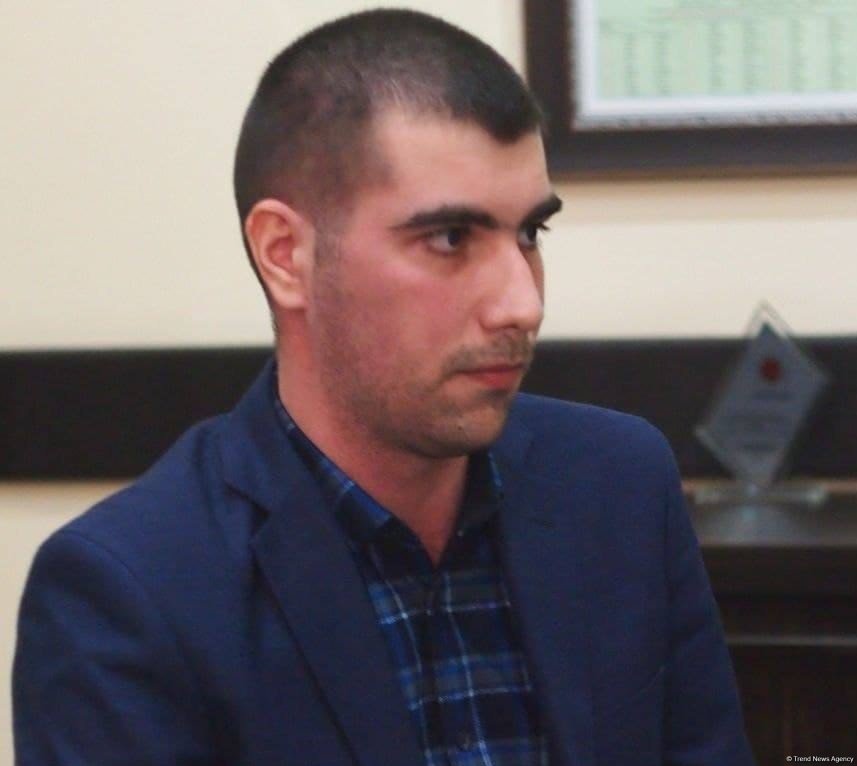BAKU, Azerbaijan, August 7. After a decade of impactful investments totalling more than 8.3 billion euros across 120 projects, the European Bank for Reconstruction and Development (EBRD) will reach the end of its temporary mandate in Greece in December 2025, Trend reports citing the EBRD's latest reports.
The Bank will continue to approve new investments in the country until the end of the year, but it will not take on any new projects beyond that point. It will, however, continue to support Board-approved transactions and manage its 2 billion euros portfolio across approximately 80 projects. The regional office in Athens will remain open until the end of 2027.
The EBRD’s temporary engagement in Greece began in 2015 at the request of the Greek authorities and with the approval of the Bank’s Board of Governors.
Its aim was to support the country’s recovery from a deep economic crisis and contribute to sustainable growth through private-sector-led investment, policy dialogue and targeted technical assistance. The mandate was extended in 2018 for a further five years until the end of 2025.
During this period, the Bank used its expertise to attract both domestic and foreign investment, support the private sector and deepen regional integration. It also played a pivotal role in boosting the competitiveness of Greek companies, promoting innovation and accelerating the green transition.
EBRD President Odile Renaud-Basso said: "We are proud of the important role the EBRD has played in supporting the Greek economy during a challenging period. Our partnership with Greece has delivered lasting impact, which will remain visible even beyond the end of the Bank’s mandate. The progress the country has made since we started investing there is remarkable. Greece is now firmly on the path to sustainable growth, and we are confident this positive trajectory will continue.”
The EBRD’s collaboration with the Greek government under a public-private partnership (PPP) preparation facility will continue beyond 2025, until December 2027. It involves putting together a pipeline of projects focused on social infrastructure (education and healthcare), sustainable urban infrastructure, and water and waste management.
The Bank will also carry on its work with Greek sponsors on projects across the EBRD’s economies, supporting their international expansion, ultimately leading to positive spillovers for the Greek economy through export activity, supply chain demand and reinvestment opportunities.
Over a third of the EBRD’s investments in Greece were in the
financial sector, supporting transactions such as non-performing
loan resolution, securitisations, trade finance and the
recapitalisation of the country’s four systemic banks.
The EBRD and Greek government have also worked closely together on
implementing the EU Recovery and Resilience Facility (RRF).
Notable investments under the RRF included a 150 million euros loan to OTE to advance digital transformation, the green transition and regional inclusion, and an €88 million loan to Fulgor SA, the leading Greek producer of submarine cables for island and offshore wind connectivity.
Other highlights of the EBRD’s work in Greece include: supporting the decarbonisation of the building sector and urban regeneration through flagship projects such as The Ellinikon and the Piraeus Tower; investing in the country’s then-largest renewable energy project by HelleniQ Energy in Kozani; supporting the decarbonisation agendas of PPC and Metlen; investing in nine local private equity funds; supporting around 250 projects for small and medium-sized enterprises, and providing other business services and training to more than 1,000 beneficiaries through the Bank’s Advice for Small Businesses programme.







